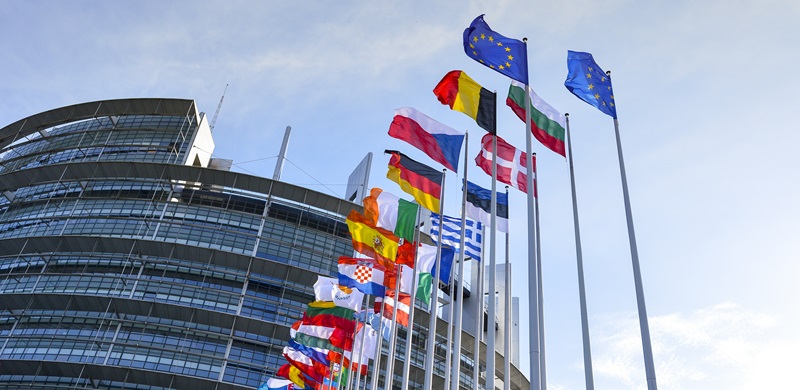News
Start of trilogue negotiations on the regulation of new genetic engineering
At the opening of the trilogue between the three EU institutions, different positions on the topics of NGT traceability, labelling and detection methods clash. The European Non-GMO Industry Association (ENGA) has published a background paper on this occasion, which discusses the details of the issues and outlines their possible implementation in practice.
Using established traceability and labelling systems for NGTs
Only the parliamentary position provides for mandatory labelling and traceability from the seed to the end consumer product. The Parliament's position differs from that of the Council and the Commission. The latter two often argue that the establishment of a traceability system for NGTs would be disproportionately costly. ENGA's background paper shows that the existing systems for tracing and labelling genetic engineering are established industry practice and are also suitable for NGTs. A traceability system therefore does not need to be reinvented for NGTs, but the existing system needs to be adapted to NGTs.
Facts distorted by EU agricultural associations
Traceability and labelling of NGTs are plausible reasons for the demand for transparency and freedom of choice. However, NGT proponents are now trying to sell their demand for a dilution of genetic engineering labelling under the guise of freedom of choice. EU organisations such as the seed association Euroseeds, the feed industry association FEFAC and the farmers' association Copa Cogeca have published a position paper calling for freedom of choice against the background that “this should enable breeders, farmers, actors in the supply chain and consumers to decide for themselves whether they want to use NGTs”. The associations are thus trying to justify their demand for the abolition of labelling for almost all NGTs. “EU agricultural associations are distorting the facts and telling us lies,” criticises Alexander Hissting, Managing Director of VLOG. “Consistent labelling of all genetically engineered food and feed is the basis for freedom of choice for consumers, agriculture and the food industry,” emphasises Hissting. It is now up to the negotiators to prove in the trilogue that they can see through the flimsy arguments of the EU agricultural associations and stand up for genuine freedom of choice. Hissting demands of the new German Minister for Agriculture, Food and Home Affairs, Alois Rainer: “The Federal Government must not agree to any NGT regulation in Brussels that does not fulfil the minimum requirements for transparency along the entire production chain.”
ENGA: Background paper on NGT traceability, NGT labelling and NGT detection methods
Council of the European Union: Regulation on New Genomic Techniques (NGT)
Position paper of EU agricultural associations on NGT traceability and labelling
Majority position of EU Member States: Major need for improvement in NGT deregulation

